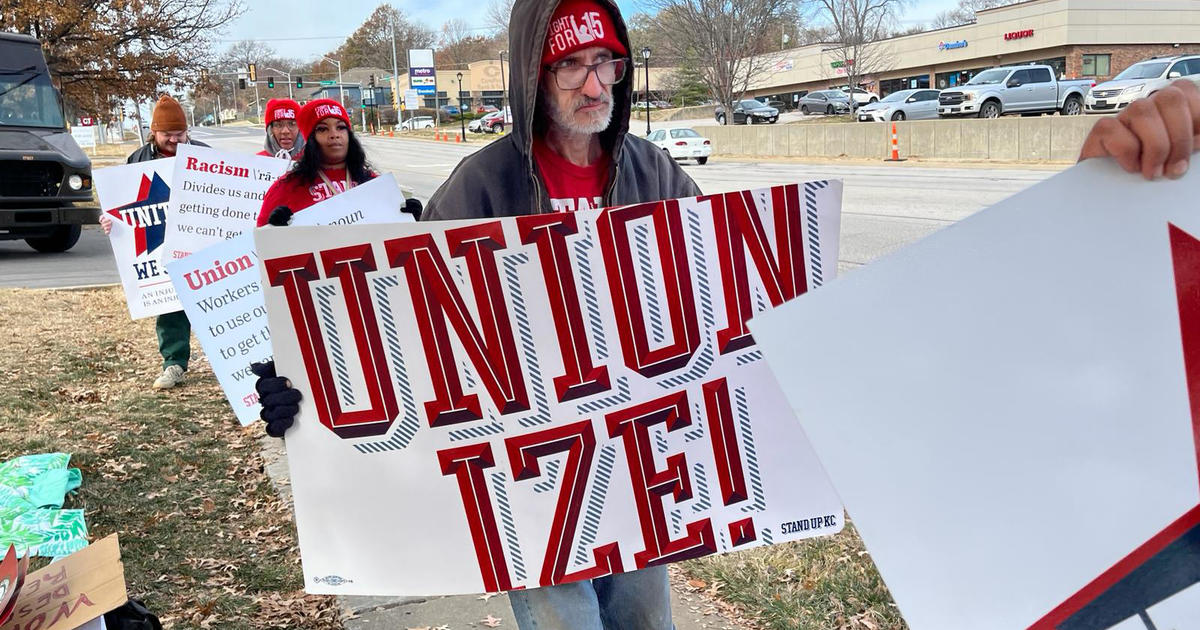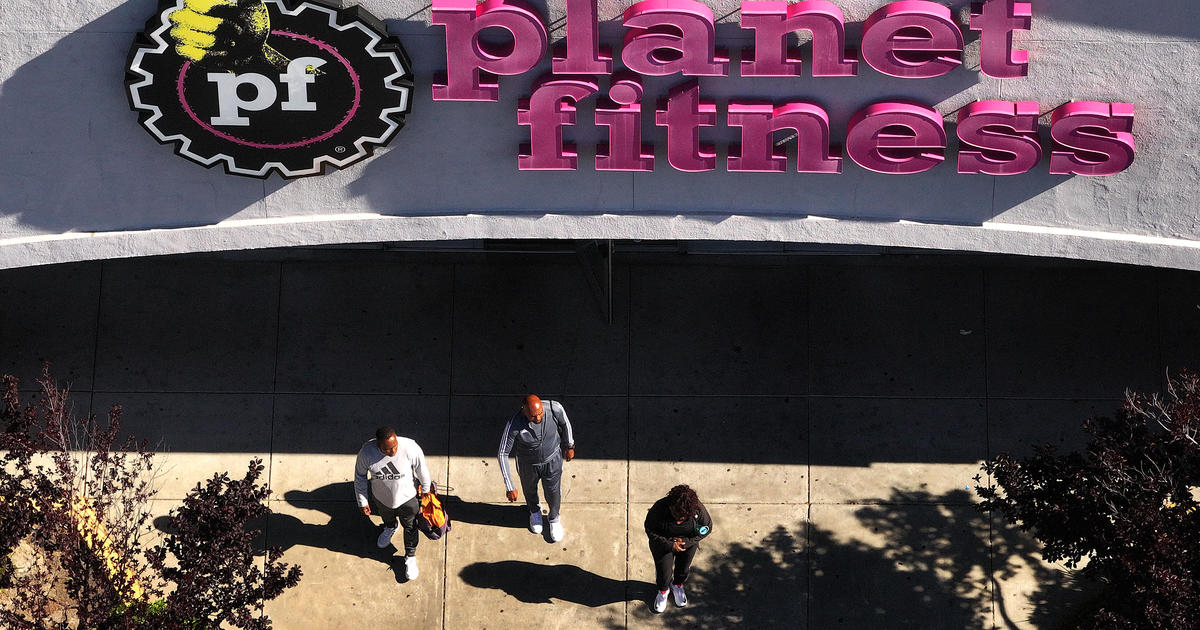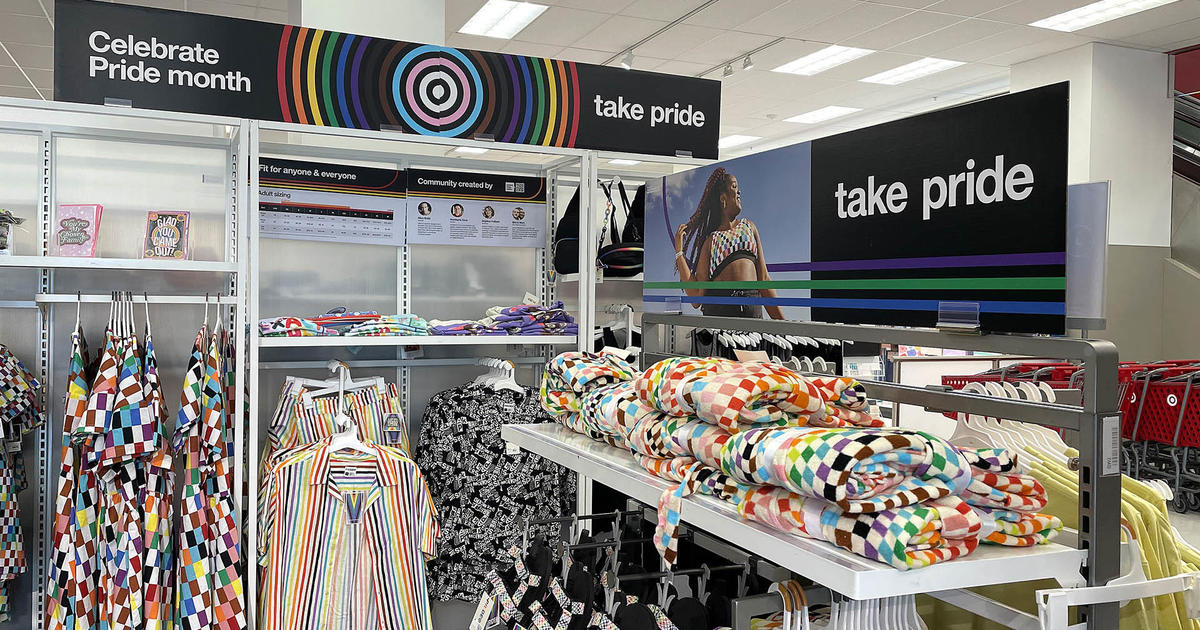Unemployment claims fall near pandemic low, with 375,000 people filing anew
The number of Americans applying for first-time jobless aid fell for the third straight time last week, signaling that employers are laying off fewer people amid a tightening job market.
Some 375,000 people filed for unemployment assistance for the first time during the week ending August 7, the Labor Department said Thursday. That's below the previous week's level of 387,000, and near a pandemic-era low.
An additional 105,000 people applied last week for Pandemic Unemployment Assistance, a special program for self-employed and gig workers. The number of jobless applications has fallen steadily since peaking above 900,000 in early January.
"The U.S. labor market continues to heal from the Viral Recession, but it still has a long way to go before it gets back to normal," Gus Faucher, chief economist at the PNC Financial Services Group, said in a note. "Layoffs are still well above their pre-pandemic level, and many millions of people who lost their jobs during the pandemic remain unemployed.
Filings for benefits has traditionally been seen as a real-time gauge of layoffs, but the measure's reliability has been questioned during the pandemic. In many states, the weekly figures have been inflated by fraud and by multiple filings from unemployed Americans as they navigate local bureaucratic hurdles to try to obtain benefits.
Those complications help explain why the pace of applications remains comparatively high. Before the pandemic paralyzed the economy in March 2020, unemployment applications were running at about 220,000 a week.
Many states, for example, require self-employed and gig workers to first seek conventional unemployment benefits — and be turned down — before they can apply through a program that was set up last year to provide jobless aid to them for the first time. That program, and a $300-a-week federal supplemental unemployment benefit, will expire nationwide in the first week of September. About 22 states, mostly led by Republican governors, have already canceled both programs.
As of late July, about 12 million people were relying on some sort of unemployment aid, according to the Labor Department.
A healing job market amid Delta uncertainty
In July, employers added a substantial 943,000 jobs, pushing the unemployment rate down to 5.4%. Average hourly earnings jumped a sharp 4% in July from a year earlier, indicating that employers have felt compelled to raise pay to attract job applicants or keep the workers they have. And earlier this week, the government reported that employers posted more than 10 million jobs openings in June, the most since December 2000 — and higher than the number of jobless people actively searching for work that month.
Still, those reports were based on surveys conducted before the national surge in Delta-led COVID-19 cases in late July. Other data show that consumers might be scaling back their spending in response to the jump in infections.
Credit card spending on airline tickets has fallen 20% from a mid-July peak, according to economists at JPMorgan Chase. And after returning to pre-pandemic levels for much of June and July, restaurant traffic dropped about 10% below that level in the past week, according to restaurant software provider OpenTable.



